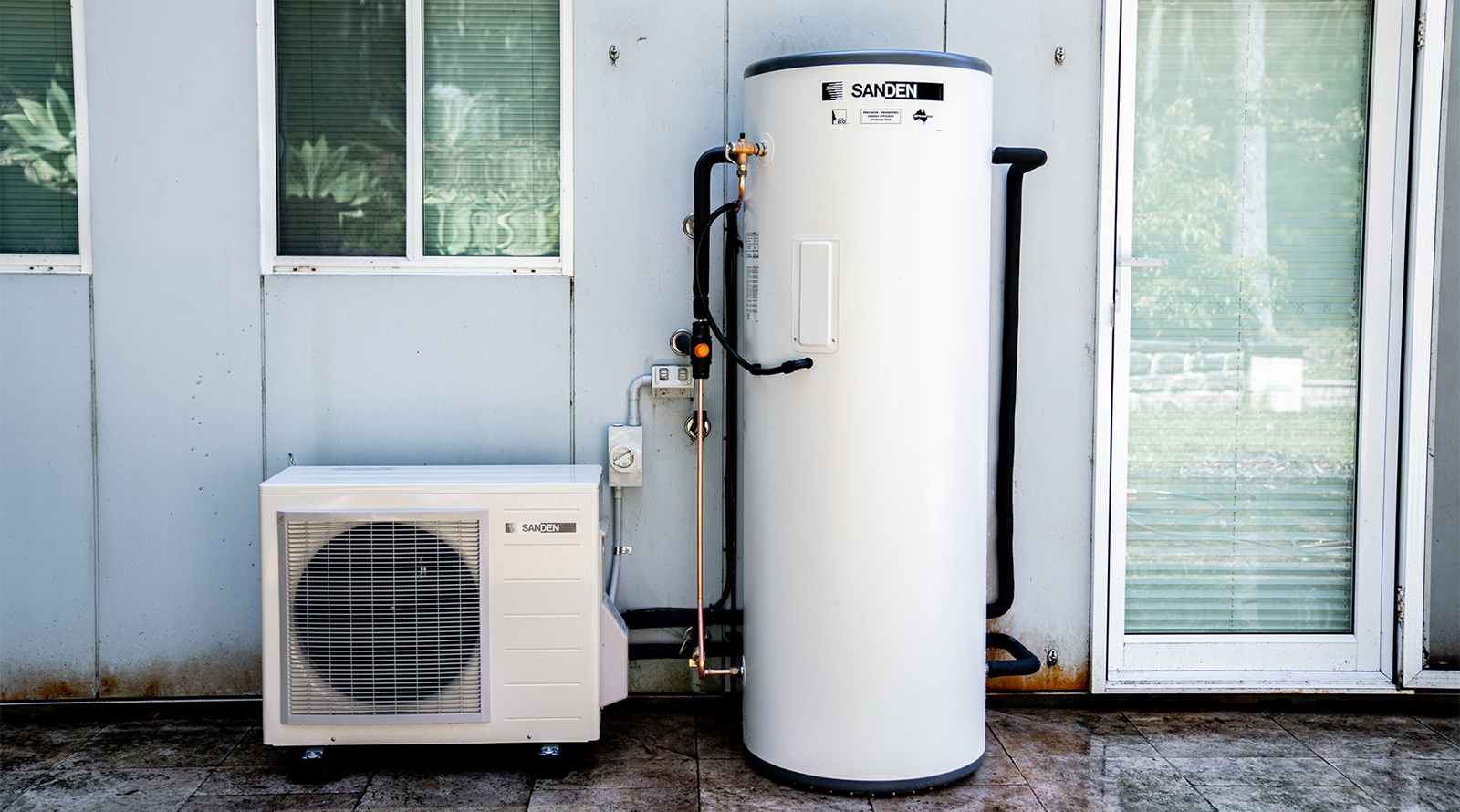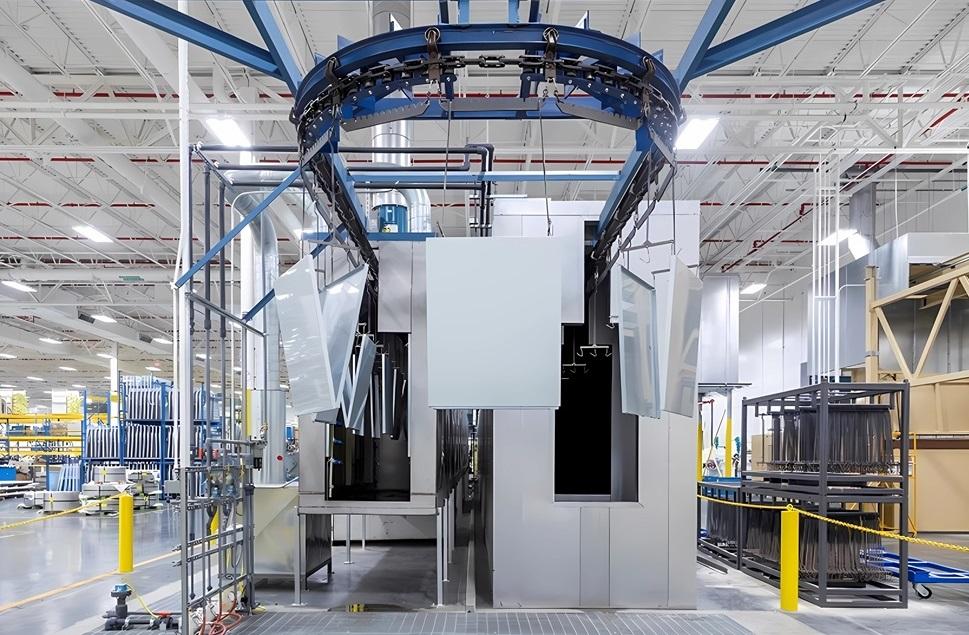Key Takeaways
- Learn how to select the right water heater for your home based on efficiency and needs.
- Discover maintenance tips that can prolong your water heater’s lifespan.
- Understand common issues that may arise with water heaters and how to address them.
In the modern household, living without a reliable water heater might seem as unimaginable as living without electricity. Hot water is essential for daily comfort, from enjoying a relaxing shower to running a dishwashing cycle. Whether you’re considering a new water heater installation or are keen to ensure that your existing setup functions optimally, selecting the right system is key. With numerous types and models available, choosing the most suitable water heater involves understanding differences in efficiency, maintenance needs, and technological advancements, all of which can significantly influence your choice.
Understanding Water Heater Types
Tank vs. Tankless Heaters
When selecting a water heater, the fundamental discussion begins with the choice between tank and tankless models. Traditional tank water heaters store hot water in a reservoir, ready to be used at any time. They tend to cost less initially, which can make them appealing to many households. However, due to the stored water being kept warm continually, it can lead to higher energy costs over time. In contrast, tankless water heaters, often referred to as “on-demand” systems, heat water only as it is needed. This can significantly reduce energy waste, but usually comes with higher upfront installation costs. Ultimately, deciding between the two often depends on weighing immediate costs against long-term energy savings.
Fuel Source Options
Fuel source plays a critical role in the functionality and efficiency of your water heater. The three most common options include electric, gas, and solar-powered systems. Electric heaters are popular for their reliable and straightforward operation, often easier to install with fewer venting requirements. However, depending on the local electricity rates, they can be more expensive to run. Gas water heaters, while requiring adequate venting, are known for faster heating and can be more cost-effective in areas with lower gas prices. Solar water heaters represent an eco-friendly choice, leveraging renewable energy to heat water. Despite their higher upfront costs, they offer impressive long-term benefits in terms of both energy savings and carbon footprint reduction.
How to Choose the Right Water Heater
Evaluating Your Household Needs
Determining the right water heater for your household begins with accurately assessing your daily water usage. Consider the size of your family, the number of bathrooms, and the water-intensive appliances used regularly. A larger family home, for example, will require a system capable of handling simultaneous showers and dishwashing. Conversely, a single individual or couple might find that a smaller, perhaps even point-of-use system serves them adequately. It’s important to gauge household needs carefully, as an undersized system could lead to frequent shortages, while an oversized one may mean unnecessary energy expenditures.
Energy Efficiency Considerations
Energy efficiency is critical when selecting a water heater. It not only impacts the environment but can significantly affect your utility bills. When evaluating potential units, check for high Energy Factor (EF) ratings, which indicate the water heater’s overall energy efficiency. Modern energy-efficient models often feature advanced insulation and heat traps to minimize energy loss. Although these systems may come with higher initial price tags, they often result in substantial savings in the long run, providing a return on your investment through reduced energy bills.
Routine Maintenance Tips
Regular Inspection Tips
Consistent maintenance is essential for any water heater, playing an integral role in its longevity and performance. A water heater inspection every few months can help you point out early signs of trouble, such as water leaks, corrosion, or unusual noises. These inspections can preempt major issues that could require costly repairs or lead to untimely system failures. Regular maintenance extends the service life of the water heater and ensures it remains energy efficient, maintaining optimal performance levels.
Flushing the Tank
Flushing the tank annually is a preventative measure against sediment buildup, which can affect not just the heater’s efficiency but also its lifespan. Sediments such as mineral deposits can settle at the tank’s bottom, leading to inefficient heating and possible damage over time. By routinely flushing the tank, you can maintain energy efficiency and minimize strain on the system, ensuring it operates smoothly and effectively for its entire intended lifetime.
Anode Rod Replacement
The anode rod, often called the “sacrificial” rod, is a critical component that protects the heater from rusting, taking on corrosive elements itself. It’s advisable to check the rod every couple of years and replace it every five years if necessary. A compromised anode rod can lead to faster tank corrosion, significantly reducing the water heater’s lifespan. Regular inspection and replacement can greatly influence the unit’s durability, ensuring it serves your household reliably.
Energy-Saving Tips
Insulating Your Water Heater
With the rising costs of energy, making small adjustments can lead to significant savings. Insulating your water heater and pipes can prevent heat loss and improve efficiency. Pipe insulation helps retain the temperature of the water as it travels, reducing the need for excessive reheating. By simply wrapping the heater and its pipes with affordable insulation kits, it’s possible to cut energy consumption meaningfully.
Adjusting Thermostat Settings
Reducing the water heater thermostat setting to 120°F is a strategy recommended for achieving a balance between comfort and savings. This temperature setting is sufficient for most hot water needs while safeguarding against scalding risks. Lowering the temperature even slightly can contribute significantly to decreasing energy expenditure.
Innovations in Water Heating Technology
Smart Water Heaters
Technology continues to advance into the realm of home utilities, with smart water heaters offering innovative features that improve convenience and efficiency. Many of these devices integrate with smartphones, allowing remote monitoring and adjustments. This connectivity facilitates optimization of water heating schedules to align with lower energy tariff periods, offering both energy savings and enhanced control.
Alternative Heating Solutions
Among the latest energy-efficient technologies are heat pump water heaters, which offer a sustainable solution by transferring heat instead of generating it directly. They utilize existing heat in the environment, proving to be a highly efficient choice. Though initial costs can be higher, the long-term savings in energy bills and reduced environmental impact make them an attractive option for eco-conscious homeowners.





